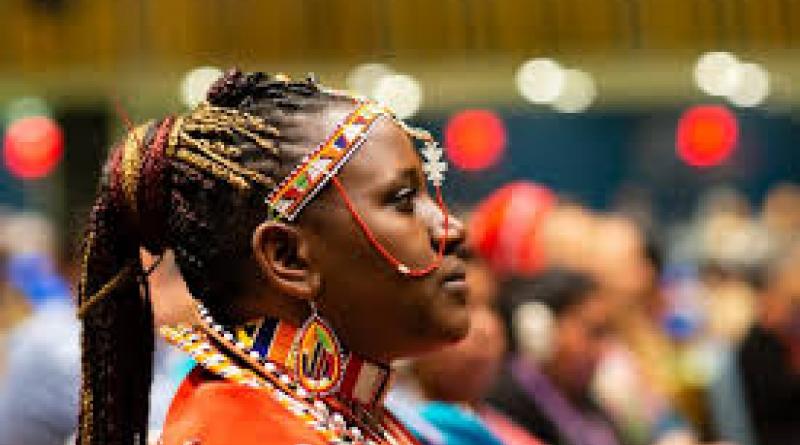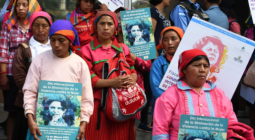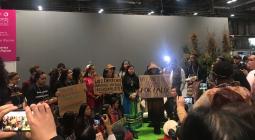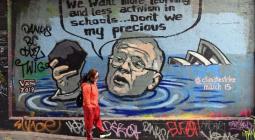Secretary-General's message on the International Day of the World's Indigenous Peoples.

COVID-19 has had a devastating impact on more than 476 million indigenous people around the world.
Throughout history, indigenous peoples have been decimated by diseases brought from elsewhere, to which they had no immunity.
It is critical for countries to marshal the resources to respond to their needs, honour their contributions and respect their inalienable rights.
Prior to the current pandemic, indigenous peoples already faced entrenched inequalities, stigmatization and discrimination.
Inadequate access to healthcare, clean water and sanitation increases their vulnerability.
Indigenous peoples work primarily in traditional occupations and subsistence economies or in the informal sector.
These have all been adversely affected by the pandemic.
Indigenous women, who are often the main providers of food and nutrition for their families, have been particularly hard hit with the closures of markets for handicrafts, produce and other goods.
We must also urgently address the plight of indigenous children who do not have access to virtual learning opportunities.
Around the world, indigenous people have been at the forefront in demanding environmental and climate action.
Lapsed enforcement of environmental protections during the crisis has brought increasing encroachment on indigenous peoples’ territories by illegal miners and loggers.
Many indigenous people have been victims of threats and violence, and many have lost their lives.
In the face of such threats, indigenous peoples have demonstrated extraordinary resilience.
Indigenous communities with the autonomy to manage their lands, territories and resources, have ensured food security and care through traditional crops and traditional medicine.
The Karen people of Thailand have revived their ancient ritual of “Kroh Yee” -- or village closure -- to fight the pandemic.
Such strategies have been applied in other Asian countries and in Latin America, with communities closing off entry to their areas.
Realizing the rights of indigenous people’s means ensuring their inclusion and participation in COVID-19 response and recovery strategies.
Indigenous peoples must be consulted in all efforts to build back stronger and recover better.
From the outset of the global pandemic, United Nations agencies have been working to uphold indigenous peoples’ rights.
We have been helping to safeguard health and safety and provide access to social protection and economic opportunities.
The United Nations system remains committed to realizing the United Nations Declaration on the Rights of Indigenous Peoples and to bolstering their resilience.
9 August 2020
United Nations Secretary-General




